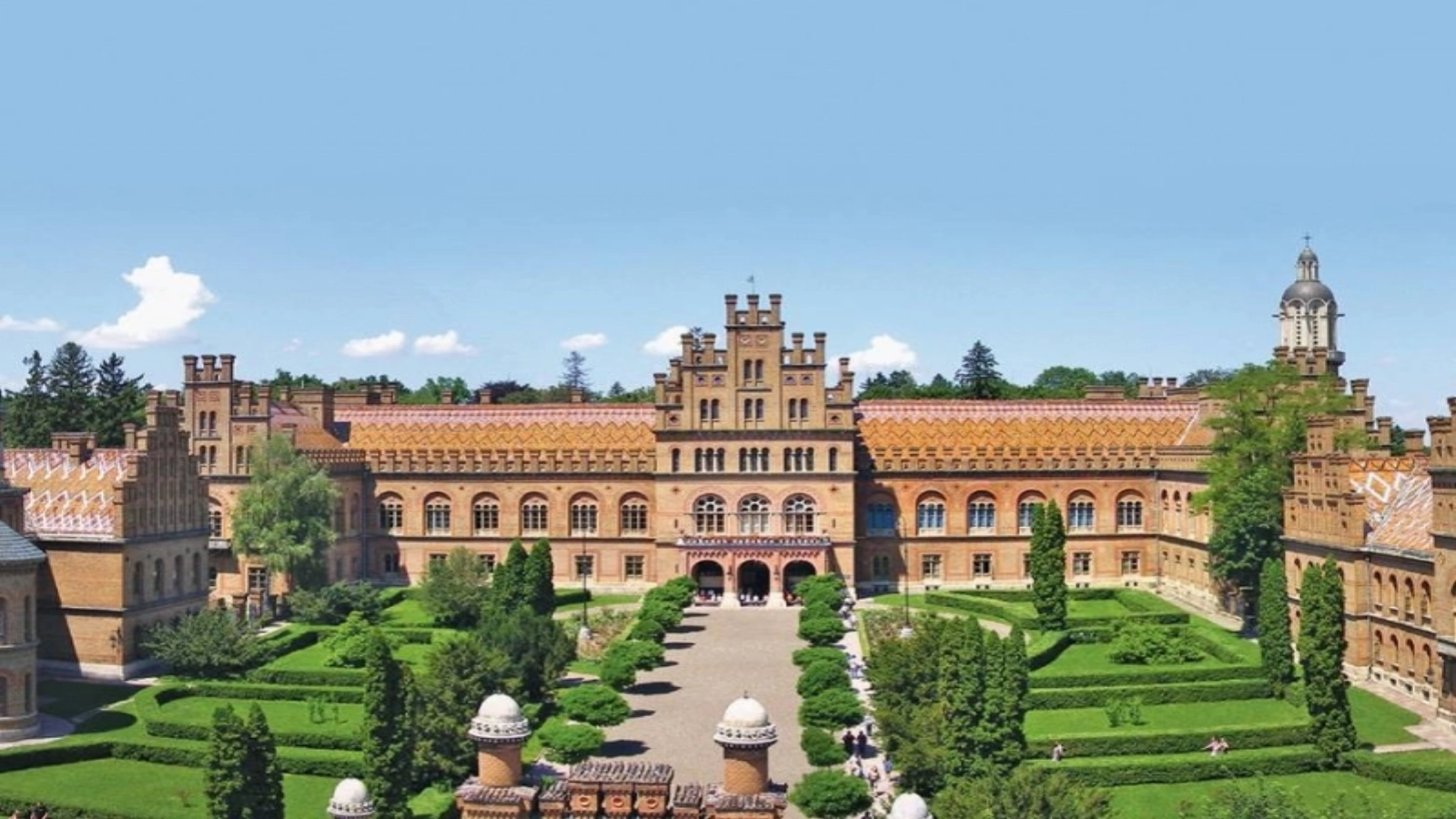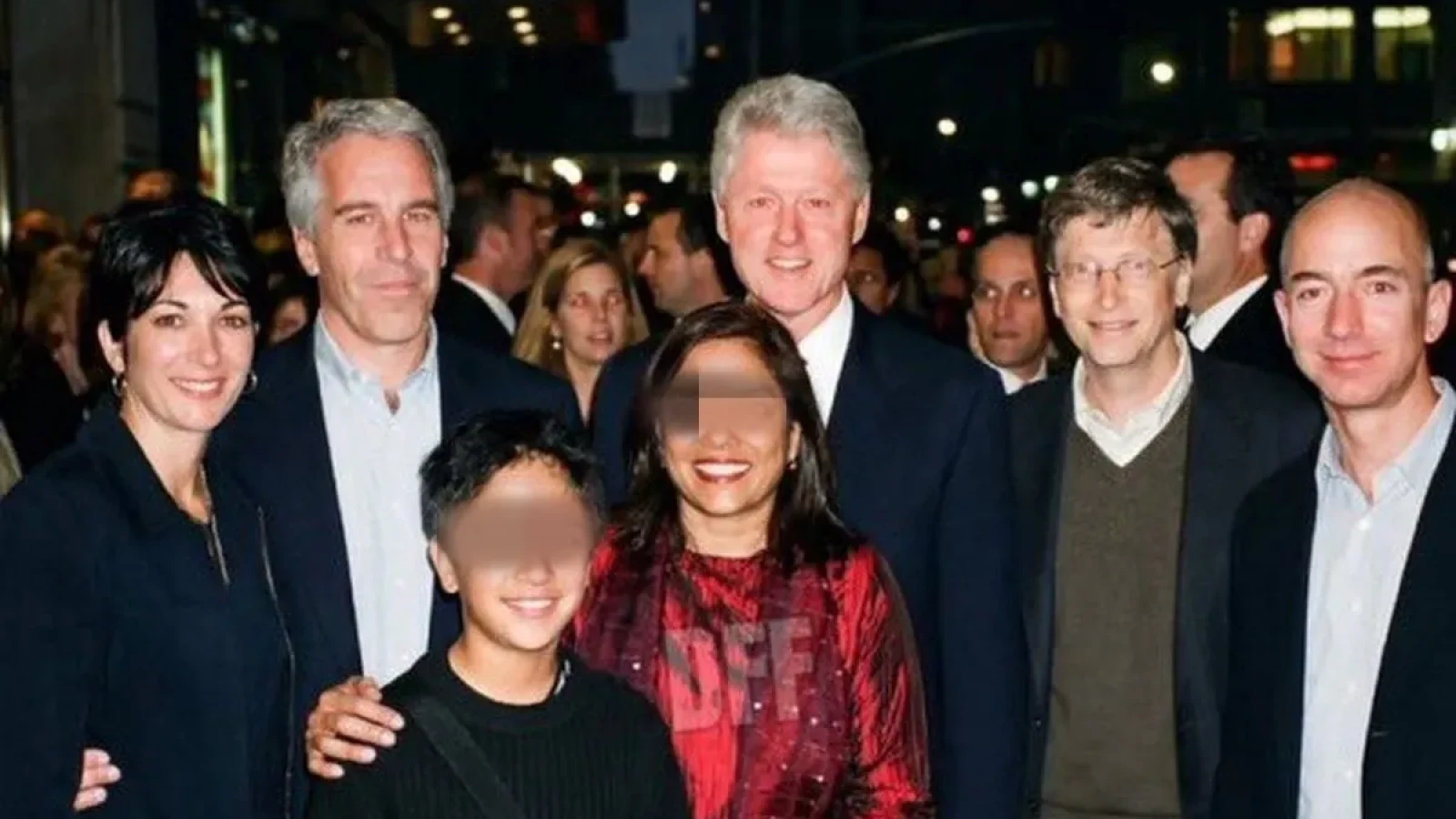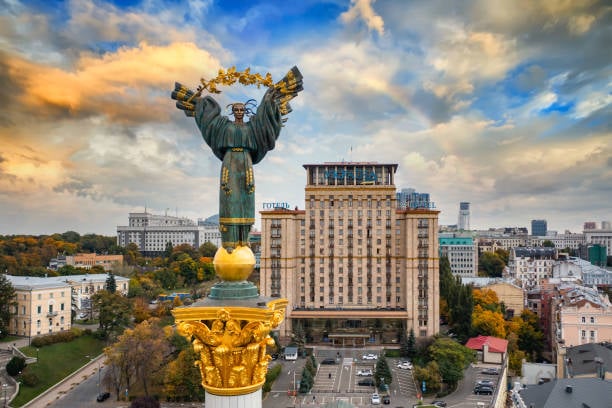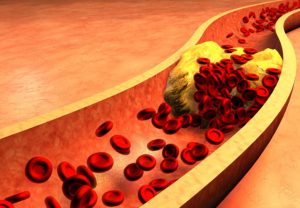AGERPRES special correspondent Cristian Lupascu reports: A Romanian from the Chernivtsi region, who has spent more than a year on the front lines defending Ukraine, shares the harrowing experiences he endured during the war.
Adrian Medvedi, who has recently turned 43, fought in Kharkiv and Kupiansk, where, he says, has experienced "the darkest period" of his life.

Photo: Adrian Medvedi / Facebook.com
He voluntarily enlisted in the Ukrainian army on the first day of the war. Previously working as head of the Culture, Nationalities and Religion Department at the Hertsa City Hall, he went straight to the Military Commissariat on February 24, 2022, when his son told him that the Russian Federation's army had invaded Ukraine.
"On February 24 (2022), at 9:00 AM, I was already at the military commissariat with a bag with a few clothes. They couldn't register me on the first day, and officially I was enlisted on the 25th. The main reason was the stress of that morning when the war started. My son woke up and said the war had started. I couldn't believe it. I turned on the TV and saw what was happening all over Ukraine, and like many men in Ukraine, we went to the Military Commissariat and I was surprised at how many people were already there," Adrian Medvedi told AGERPRES.

Photo: Adrian Medvedi / Facebook.com
In the early days of the war, when panic had gripped all of Ukraine, he was sent to defend Chernivtsi Airport, where it was believed Russian special forces, stationed in Transnistria, might arrive by air. He was given a weapon and ammunition to guard the airport.
"The next day, I arrived at the military unit in Chernivtsi. The whole process with paperwork took about half a day. I had the medical checkup done in advance. I was supposed to attend military training, like all government employees. The procedure was very simple. Within three hours, I was enlisted. After two more, I received the weapon and ammunition, and we were deployed to Chernivtsi Airport because a landing from Transnistria was expected. The biggest fear was that a landing would come to Chernivtsi Airport as a strategic point. That night we stayed at the airport. It was quite cold. We were not equipped yet. We were in civilian clothes. I received the automatic weapon with 900 rounds, two grenades, and we took positions around the airport," the soldier recounts.
After things calmed down around Chernivtsi, Andrei Medvedi was sent to the front, where the real battles were happening. He was transported by military vehicles to Kharkiv, where large territories were under Russian occupation.
"After more than half a year, I left Chernivtsi for eastern Ukraine. It was September 2. The information was that we were going to the front, but no one in the battalion, except maybe the commanders, knew where we were going. We arrived at Kryvyi Rih, then changed direction and headed toward Kharkiv. That's when I realised we were going to participate in the operation to liberate Kharkiv, which began in the first days of September. It was ugly. There was continuous fear because we didn't know what to expect. We didn't get any information. We just followed short orders, where to move, what to do, and that's it. It was a dark period, but it also gave us many moments to reflect, to change what we knew until then," he confessed.
What followed was a nightmare that seemed to never end: battles, gunfire, bombings, deaths, and injuries.
"The darkest moments were related to the loss of friends, comrades, the wounded, and the dead. The bombings were horrific. You hear them coming, but you don't know where they will land. You lie down and pray for a second or two until the shell falls, hoping it doesn't hit you. The first shock was on September 6 or 7. We entered a village that had been liberated just a few hours earlier. The Russian troops had retreated. We went in, and everything was mined. A comrade stepped on an antipersonnel mine and lost his leg right next to me. He was about five metres away. That was the first moment I understood that you could die. On November 7, 2022, we were bombarded for an hour and a half with 41 artillery shells, 152 mm calibre, that fell with five-metre precision around our armoured vehicle. By miracle, none of the shells hit our vehicle; otherwise, we would have all stayed there," says the visibly affected soldier of Romanian ethnicity.

Photo: Adrian Medvedi / Facebook.com
He acknowledges that war leaves deep scars among combatants.
"There is a post-war shock. Since we are older, we managed to cope more easily, but the younger ones will suffer for many years after the war ends until they get back to normality," Adrian Medvedi says.
He does not believe in an immediate peace. He knows that the Russians are never truthful and do not honour international commitments. His wish is for the Ukrainian army to fight to withstand Russia's attacks. He is aware that this can only happen if Ukraine receives international military support.
"I don't believe in an agreement signed with the Russians. Even if they sign a ceasefire, I don't think it will last long. The Russians have never respected international agreements, especially in wartime. We hope for a ceasefire, we hope for the liberation of Ukraine's territory, to return to the borders as they were until 2014, but we must be realistic and understand that it is very difficult at this moment, especially since the West, unfortunately, has become accustomed to this war, to this conflict, and the support that the Ukrainian army needs is no longer there. There are people on the front, but unfortunately, they don't have the equipment and weapons they need to fight," Medvedi added.
%20Cristian%20Lupascu%2020241215_114519.jpg)
Photo: Cristian LUPAŞCU / AGERPRES
The soldier from Hertsa had to return home due to health issues. He suffers from severe back pain, and any day spent on the front would have worsened his condition. He returned to his job as a civil servant at Hertsa City Hall but is always willing to return to the front to defend his country.
































Comentează